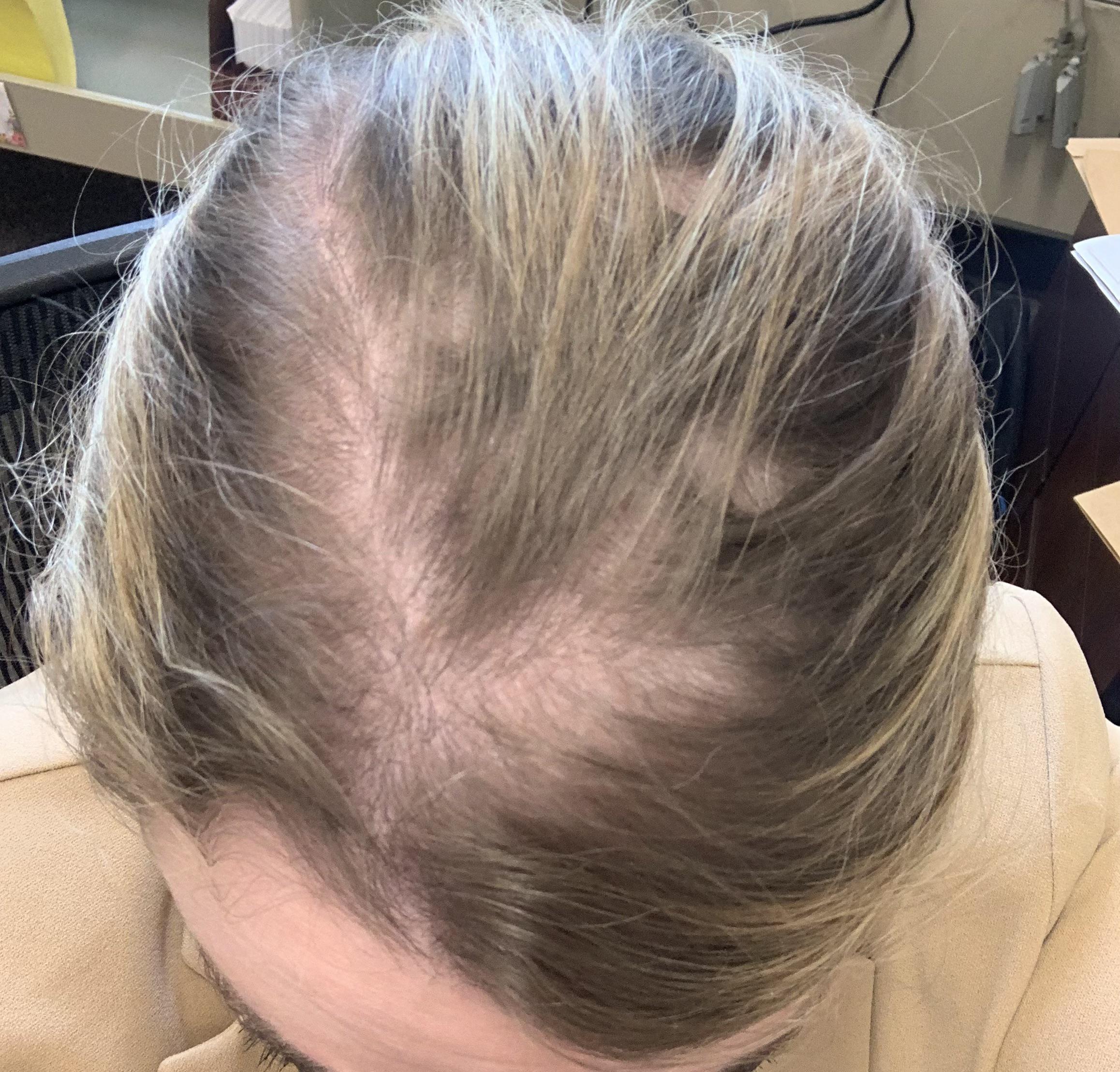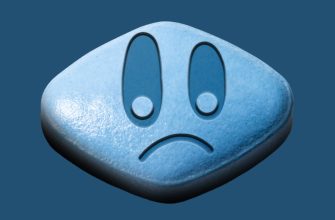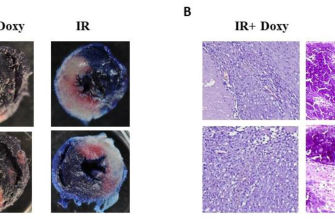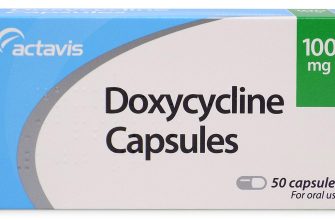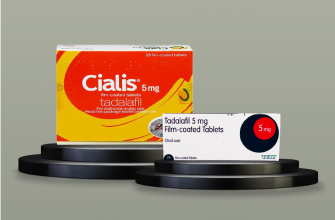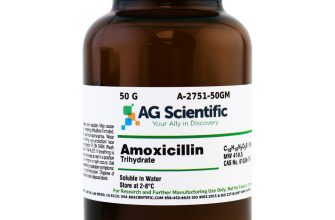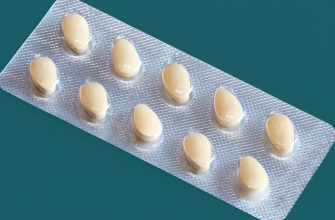Accutane, a well-known medication for treating severe acne, raises questions about its side effects, particularly hair loss. Scientific studies suggest that hair loss can occur, but it is often temporary. Many users report thinning hair during treatment, yet most notice regrowth once they finish the regimen.
Understanding the reasons behind this potential side effect can help. Accutane significantly decreases the size of sebaceous glands, leading to lower oil production. This reduction in oil can cause dryness and irritation of the scalp, contributing to hair shedding. Maintaining a proper hair care routine during treatment can mitigate some effects related to dryness.
Nutrition plays a key role as well. Ensuring a balanced diet rich in vitamins and minerals supports hair health. Biotin and omega-3 fatty acids are particularly beneficial for maintaining hair strength and preventing excessive loss. If you’re concerned about hair loss, consult your healthcare provider for tailored advice on supplements or topical treatments that can promote hair regrowth.
Does Accutane Cause Hair Loss?
Accutane, or isotretinoin, can lead to hair loss in some users. This effect is typically temporary and may occur due to changes in the hair growth cycle. The primary mechanism involves the reduction of sebum production, which is essential for maintaining a healthy scalp and hair. Reduced sebum can lead to dryness and irritation, potentially causing hair thinning.
Studies indicate that hair loss is reported by a minority of individuals taking Accutane, with effects varying widely. If you experience significant hair loss while on Accutane, consult your dermatologist. They can evaluate your specific situation and may recommend adjustments to your treatment or additional therapies to mitigate hair thinning.
Maintaining scalp health during treatment is crucial. Incorporate moisturizing shampoos and conditioners designed to retain moisture. A gentle scalp massage can also improve circulation and support hair follicles. Additionally, a balanced diet rich in vitamins and minerals may promote healthy hair growth.
Monitor any changes in your hair density closely. If you notice persistent thinning after completing the course of Accutane, seek advice from a healthcare professional. They can address long-term effects and suggest suitable treatments, such as topical minoxidil or other hair restoration options.
Overall, while hair loss can occur with Accutane, it is usually not permanent. Taking proactive steps and staying in touch with your healthcare provider will help manage any side effects effectively.
Understanding Accutane and Its Mechanism
Accutane, known generically as isotretinoin, specifically targets severe acne by reducing oil production in the skin. It belongs to a class of medications called retinoids, which are derived from vitamin A. By binding to retinoid receptors, Accutane regulates gene expression involved in skin cell behavior, leading to a decrease in the number of acne-causing bacteria and inflammatory compounds.
This drug shrinks sebaceous glands, lowering sebum secretion, which directly contributes to acne formation. It also promotes faster skin cell turnover, helping to prevent clogged pores. As a result, the skin texture improves over time, and existing acne lesions heal more efficiently.
Accutane can cause a range of side effects, including changes in hair growth patterns. Some patients report temporary hair thinning, primarily due to the significant hormonal adjustments triggered by the medication. Maintaining a balanced skincare routine and consulting with a dermatologist for follow-up care can help manage any hair-related concerns during treatment.
Staying hydrated and using moisturizers can alleviate dryness associated with isotretinoin usage. A well-rounded diet that supports hair health, rich in vitamins and minerals, can also be beneficial. Always discuss ongoing side effects with your healthcare provider to tailor your treatment plan effectively.
Clinical Evidence Linking Accutane to Hair Loss
Clinical studies indicate a correlation between Accutane (isotretinoin) and hair loss in some patients. Research shows that a percentage of individuals report hair thinning during or after treatment.
- A study published in the Journal of the American Academy of Dermatology (2004) found that approximately 10% of participants experienced hair loss, particularly those with a history of thinning hair.
- Another research article in Dermatologic Surgery (2010) highlighted that hair shedding occurred more frequently in patients with a family history of androgenetic alopecia.
- A review in Clinics in Dermatology (2017) suggested that while isotretinoin can induce telogen effluvium, this condition is usually temporary and resolves within a few months after discontinuation of the drug.
Monitoring hair health during treatment is advisable. If significant hair loss occurs, consult a healthcare professional to discuss potential adjustments to the treatment plan.
Patients taking Accutane should consider the following:
- Document any noticeable changes in hair thickness or volume.
- Discuss hair loss with a dermatologist, particularly if there is a family history of hair loss.
- Consider supportive treatments or supplements that may help promote hair health.
Individual responses to Accutane vary; therefore, ongoing communication with a healthcare provider is key to managing side effects effectively.
Factors Contributing to Hair Loss During Accutane Treatment
Accutane can lead to hair loss due to several key factors. Understanding these factors can help manage expectations and address potential issues.
Hormonal Changes
Accutane affects sebaceous glands, leading to changes in oil production. This hormonal shift can result in hair thinning or loss. Monitoring hormone levels during treatment is advisable.
Dryness and Scalp Health
The drying effects of Accutane extend to the scalp, which can cause irritation and inflammation. A healthy scalp is vital for hair growth. Use gentle, moisturizing shampoos and conditioners to combat dryness and maintain scalp health.
| Factor | Recommendation |
|---|---|
| Hormonal Changes | Consult with a healthcare provider about hormone level monitoring. |
| Dry Scalp | Use moisturizing hair products to soothe and hydrate the scalp. |
| Nutritional Deficiencies | Ensure a balanced diet rich in vitamins and minerals that support hair health. |
| Stress | Incorporate stress-reducing practices such as yoga or meditation. |
Adequate nutrition and managing stress are additional ways to minimize hair loss. Ensuring intake of vitamins like biotin, zinc, and omega-3 fatty acids can enhance hair health. If hair loss persists, consult a dermatologist for further evaluation and treatment options.
Managing Hair Loss While on Accutane
Consider incorporating a gentle hair care routine. Use mild, sulfate-free shampoos and conditioners to minimize scalp irritation. Limit the use of heat styling tools and opt for air drying whenever possible to reduce stress on your hair. This approach helps in maintaining hair health during treatment.
Stay hydrated by drinking plenty of water. Proper hydration supports overall body functions, including hair health. Aim for eight glasses of water daily to keep your body and scalp nourished.
Focus on a balanced diet rich in vitamins and minerals. Foods high in omega-3 fatty acids, such as fish, nuts, and seeds, can improve hair strength. Incorporate leafy greens and fruits to boost iron and vitamin C intake, which support hair growth and prevent hair loss.
Consider adding supplements. Biotin and zinc can be beneficial for hair health. Consult your healthcare provider before starting any supplements to ensure they align with your treatment plan.
Maintain regular communication with your dermatologist. Monitor your hair loss and discuss any concerns you may have. They can provide tailored advice and adjust your Accutane dosage if necessary, helping to address hair-related side effects.
Manage stress effectively through relaxation techniques. Practicing yoga, meditation, or even engaging in a hobby can reduce stress levels, which is beneficial for hair health. Prioritizing mental well-being can positively influence physical conditions.
Consider a professional consultation with a trichologist for targeted advice. A specialist can assess your specific condition and recommend suitable hair products or treatments tailored for you. This ensures you are taking appropriate steps to protect your hair while undergoing Accutane therapy.

